Stalled at Universal – FRU
Fordell Research Unit
Edinburgh. Beer and smoke befuddled drone/ deadly efforts by Pjorn72 kingpin.
Arika have been creating events since 2001. The Archive is space to share the documentation of our work, over 600 events from the past 20 years. Browse the archive by event, artists and collections, explore using theme pairs, or use the index for a comprehensive overview.
Edinburgh. Beer and smoke befuddled drone/ deadly efforts by Pjorn72 kingpin.

Heat-mapped bodies, found porn films, Korean psyche-folk, creepy police intrusion and self-defence.

How do people both inside and outside of prison work together to dismantle the criminal justice system and build a society based on collective care?

Three intense solo performances for drums (both played and screamed through), cymbal, voice, credit card, bird whistle, and guitar amplifier/leads.
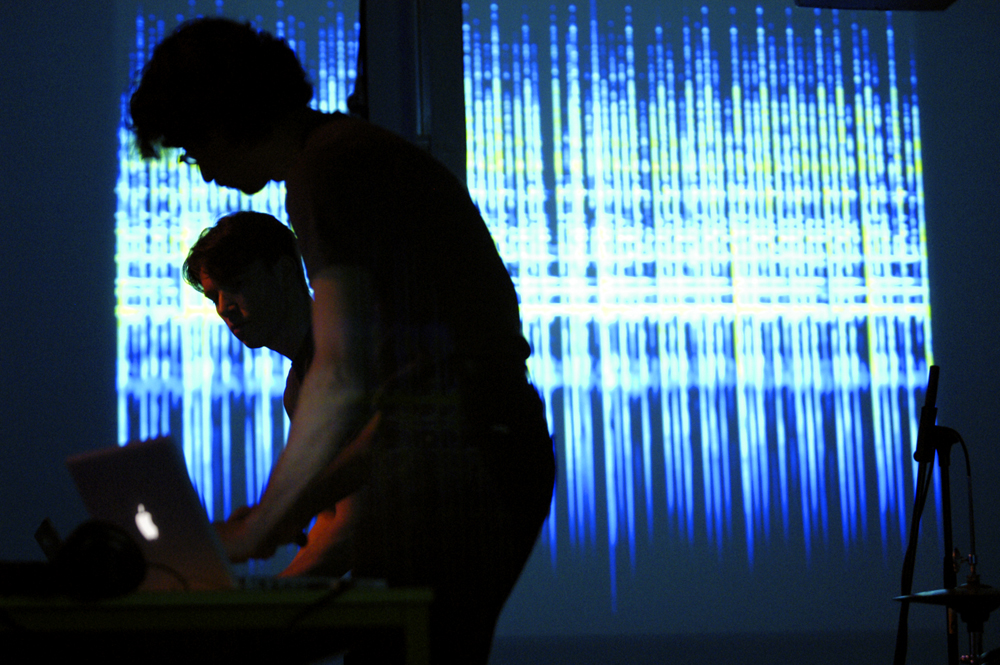
Live ISDN drone performance resonating between Dundee and an empty Montreal Grain Silo.
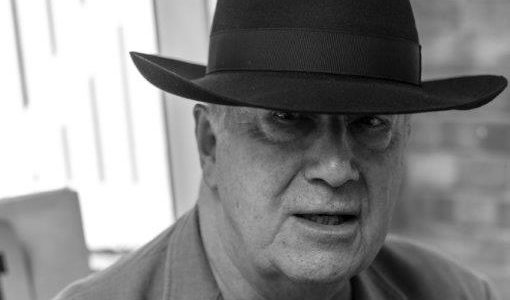
What does it mean to listen with the mind as well as the ears? A solo performance from the great avant-garde pianist.
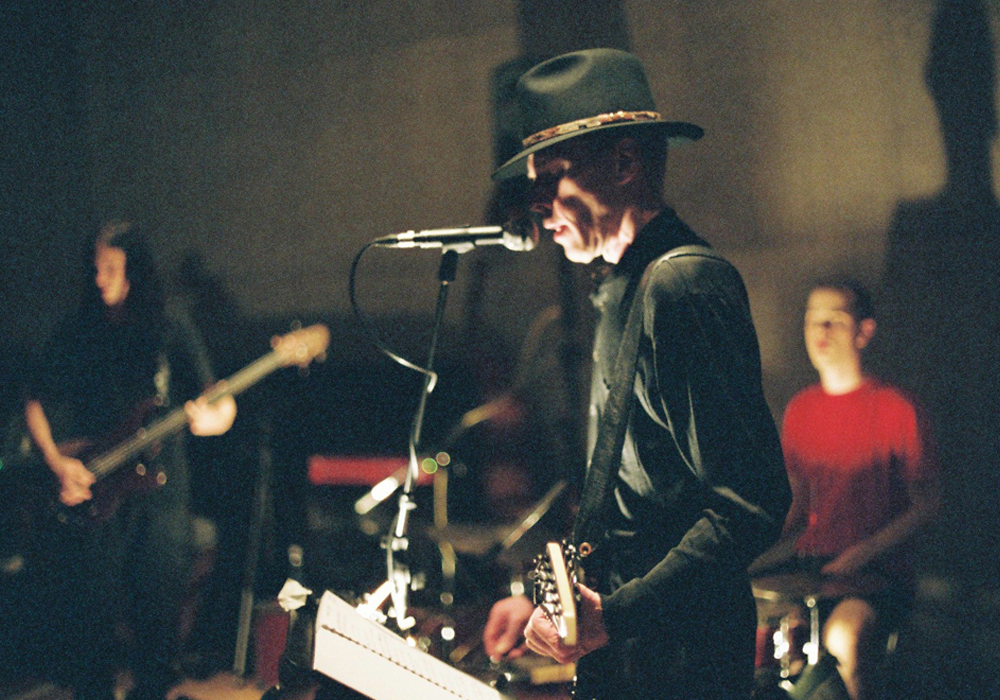
Performances at Anthology Film Archives by by Loren Mazzacane Connors, Alan Licht & Jandek.

Some of the most breathtaking, delicate and smoke filled guitar playing this side of Loren Connors or the quieter sides of Keiji Haino.
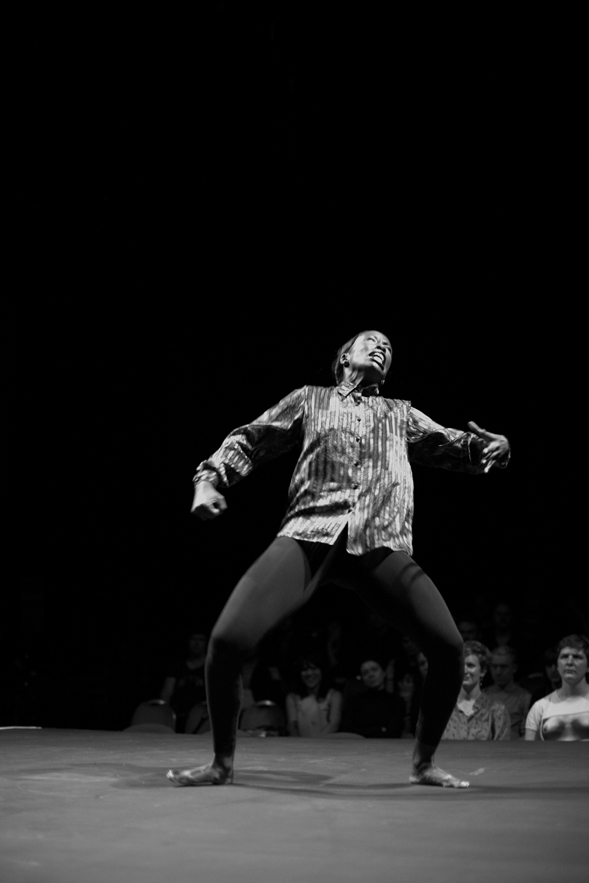
Can our favourite Vegas-born poet of prophetic blackness and a South Central transmuter of social rage into beauty feel through each other?

Offering a crip grief transformation and witness altar. A place to sit and breathe, remember our dead, wash our hands and leave offerings to and for loved ones we’ve lost – and for ourselves. Expect fire and a little bit of smoke. Concluding with a D/deaf centered social space with conversational interpreters available for those who do not speak ASL.
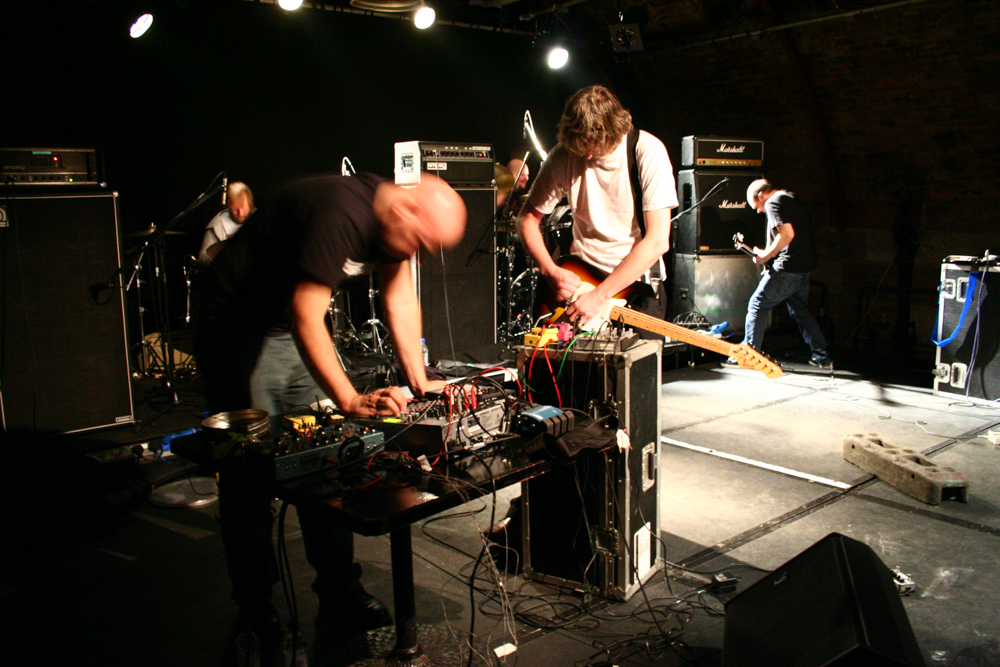
A black hole of dense heaviosity, full of slow motion riffage, tectonic pummel and massive planet destroying rock.
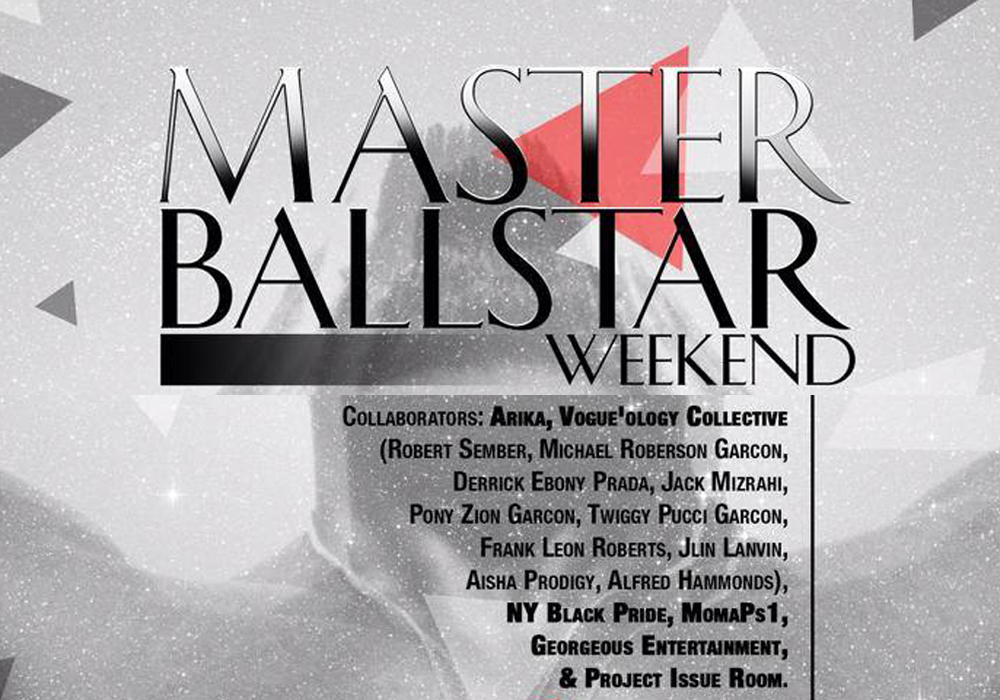
A series of events organised by the Vogue’ology collective from the House Ballroom community in New York grounded in the scenes history of autonomous, self-organised struggle and a shared investment in collective art practices and how those intersect with the multiple and often divergent struggles for freedom.